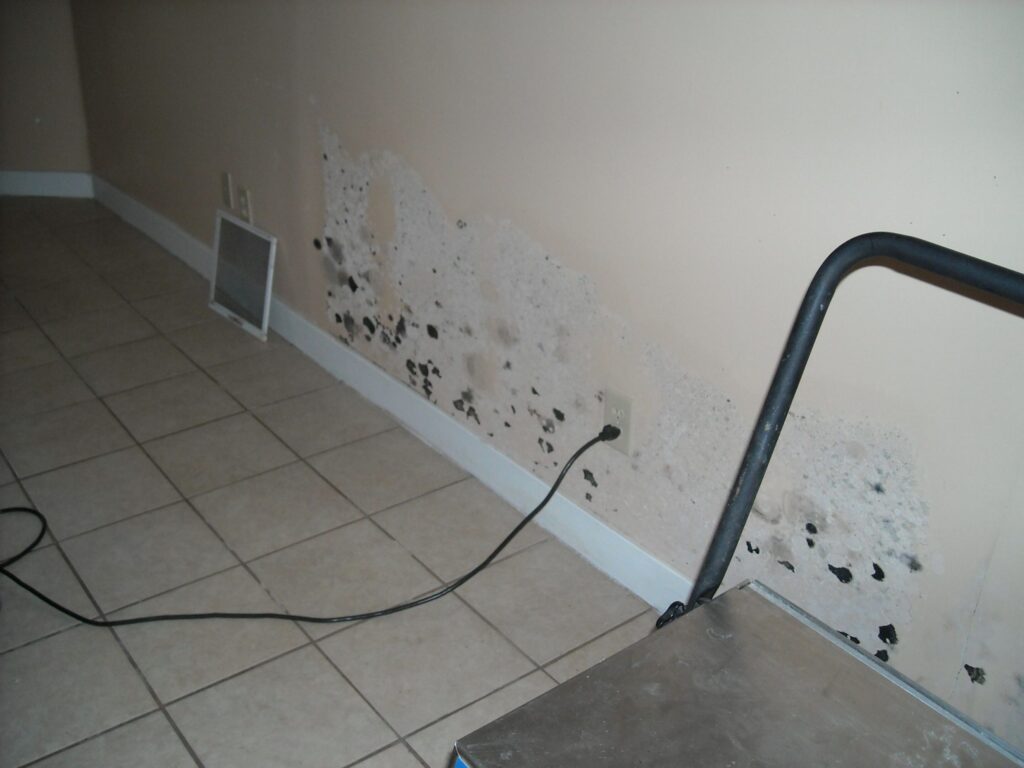Mold can appear in hidden corners, behind walls or in areas with high moisture, often before you notice it. While mold spores are a natural part of the environment, high humidity, inadequate ventilation and stagnant air create the perfect conditions for them to thrive.
Maintaining clean air is an effective way to protect your property and the people who occupy it. Learn how to improve air quality, conduct DIY air testing for mold and tips to keep it at bay.
Why Air Quality Matters for Mold Prevention
High-quality air circulation and proper moisture control protect your property and health. When air quality is managed, wood, insulation and other building materials stay dry and intact, reducing the risk of structural damage.
Clean, well-regulated air lowers the likelihood of respiratory irritation, allergies and asthma flare-ups, creating a safe environment for children, older adults and anyone with a compromised immune system.
How to Maintain Good Indoor Air Quality
Browse these tips to improve air quality and prevent mold growth:
- Keep humidity levels between 30% and 50% to prevent mold growth and promote health and comfort.
- Use a dehumidifier to remove excess moisture from the air, particularly in basements, crawl spaces or other damp-prone areas.
- Address plumbing leaks, roof damage and foundation seepage quickly.
- Replace filters regularly and schedule routine cleanings to maintain heating, ventilation and air conditioning (HVAC) systems.
- Vent bathrooms, kitchens and laundry rooms to the outside to prevent excess moisture from circulating indoors.
How to Test for Mold in the Air
To test for mold, use a DIY test kit. These tools use air pumps to collect samples on a slide, which you can mail to a lab for analysis.
Alternatively, hire a professional mold inspector. Professionals use specialized equipment to take swab and surface samples, which can be used to identify spore types and concentrations. The results require careful interpretation to determine whether mold levels pose a risk. Because of this, reliable mold air testing should always be performed by professionals.
Even when mold isn’t visible, an air quality test for mold is recommended if:
- You’ve had recent water damage.
- You notice a persistent musty odor but can’t locate mold.
- Someone in your home or building has asthma, severe allergies or a compromised immune system.
If you’re concerned about air quality or suspect hidden mold, contact Rhode Island Restoration for environmental impact assessment and mold remediation services.
Protect Your Property and Health With Mold Remediation Services
When mold threatens your home or business, you need a partner who knows how to solve the problem at its source. With our 24/7 emergency response, you can count on us around the clock. We act fast and always balance our mold remediation process with speed and attention to detail. Because we’re licensed, insured and certified, you can trust that the work is safe, compliant and long-lasting.
We offer free consultations and recommendations so you can make confident decisions. There’s also no upfront costs — we’ll bill your insurance company directly. Rhode Island Restoration is ready to protect your property and restore peace of mind.
Call us at 401-834 FIRE (3473) to get started.




